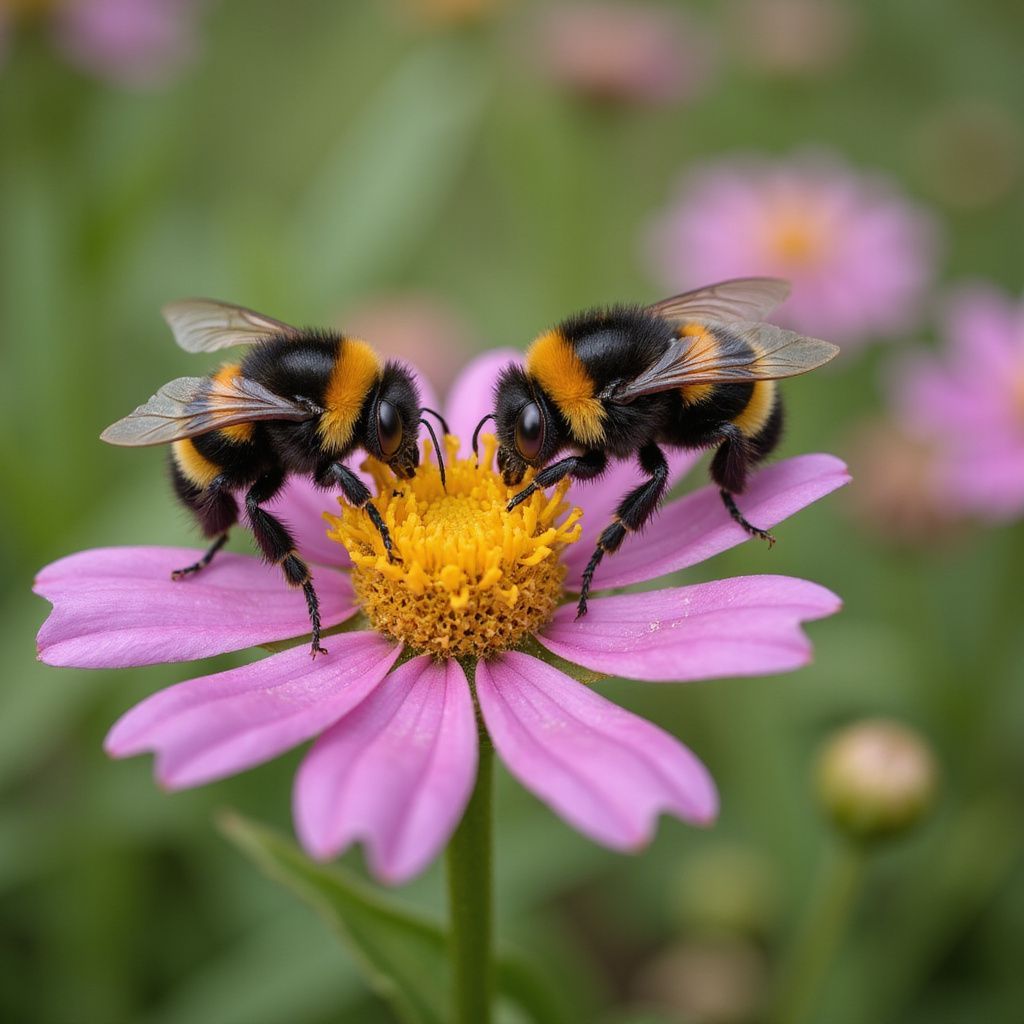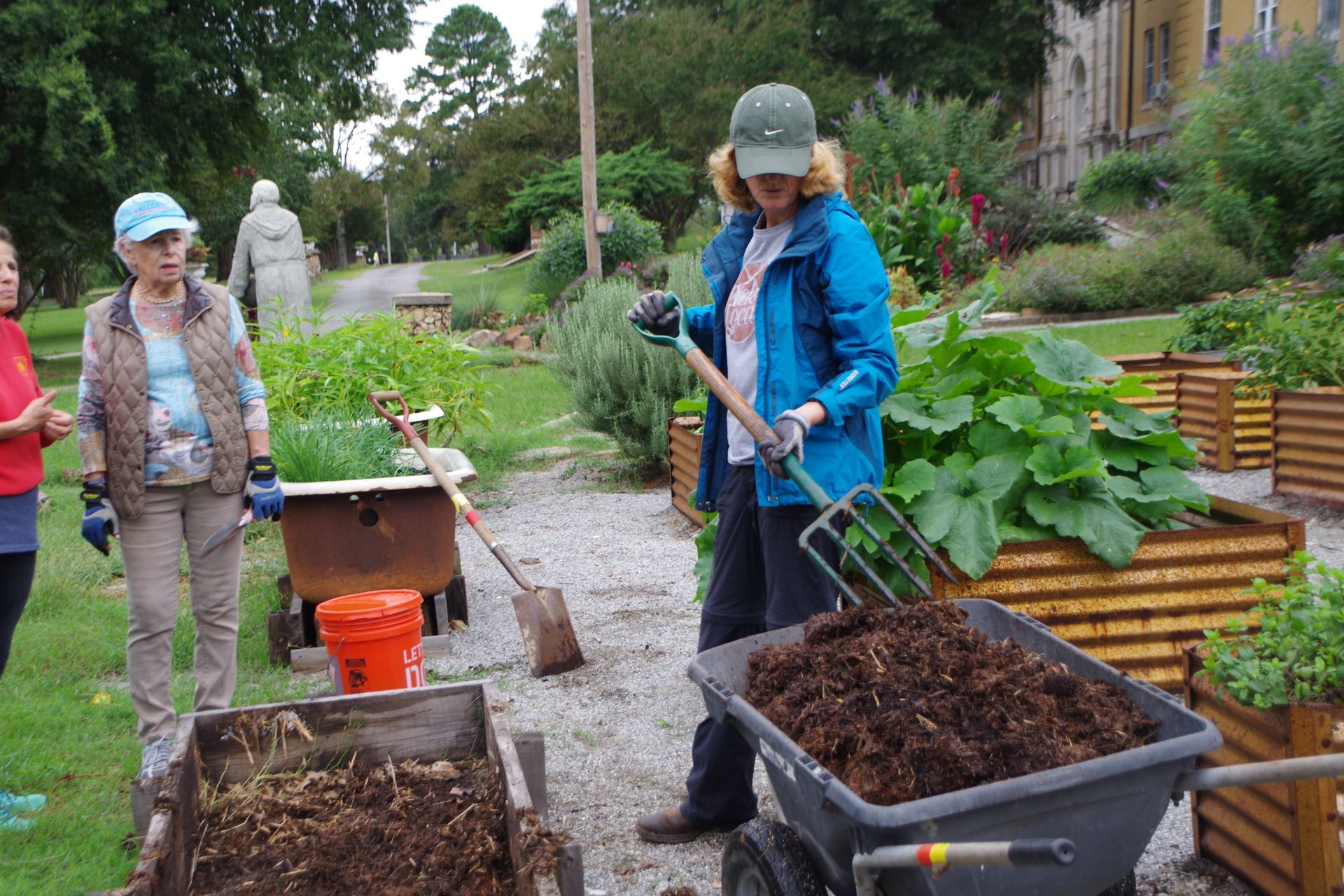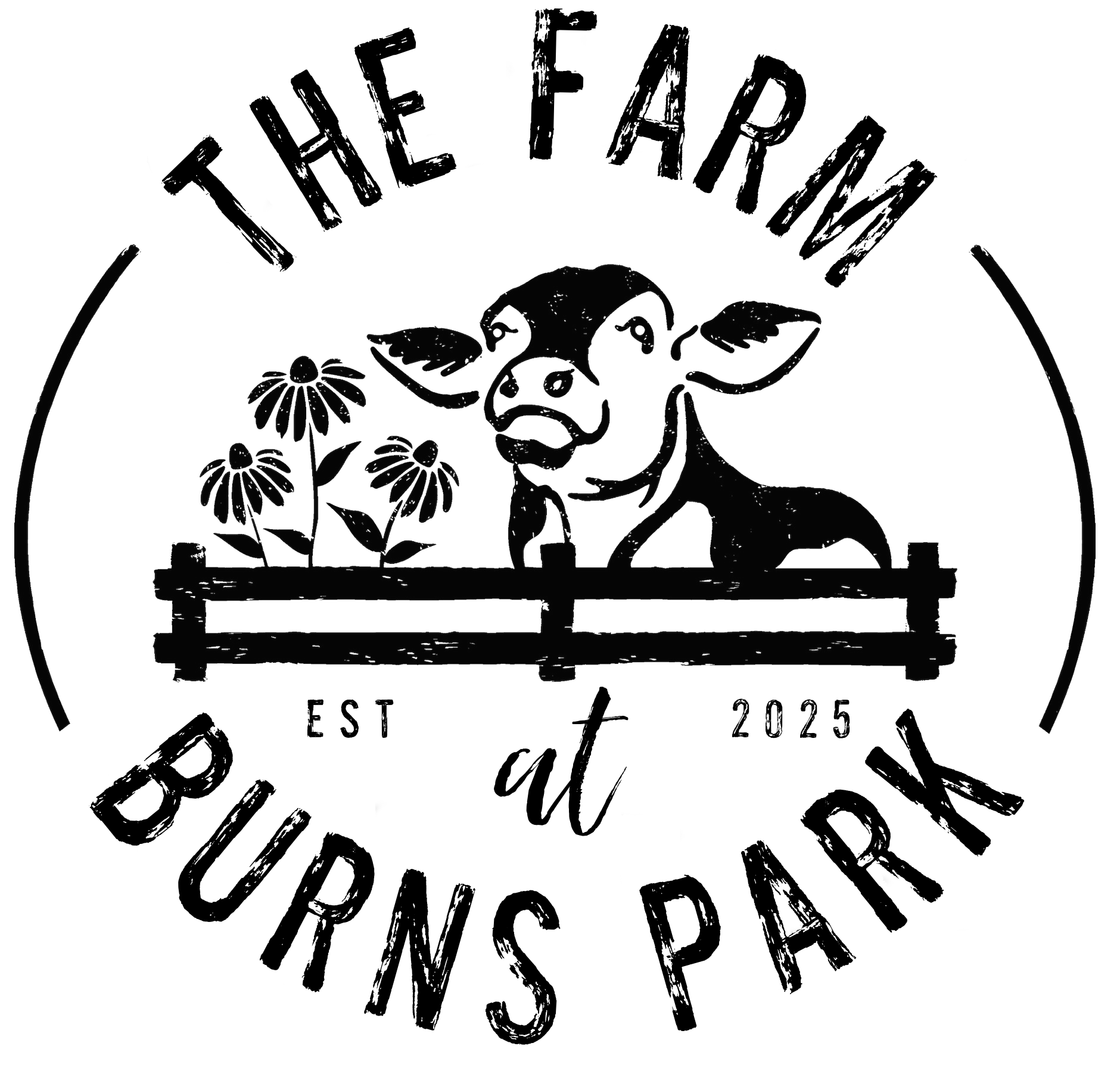Relocating St. Joseph Farm to Burns Park
Following the loss of the historic St Joseph Orphanage site, St. Joseph Farm will establish a new home at the Burns Park old RV campground. This move supports an expanded horticultural and recreational gardening mission featuring community gardens, pollinator habitats, and a butterfly conservatory to create a unique hybrid space for education and recreation.
We teach people how to grow food, farmers, and community. Through hands-on classes, garden-based learning, and farmer training, we help people of all ages discover the joy of growing fresh, healthy food and the skills to share it.
We see a future where neighbors know their farmers, schools grow their own produce, and every community has the skills and confidence to feed itself. Together, we’re planting seeds of knowledge, sustainability, and connection that will feed Arkansas for generations.
Educating and empowering Arkansans to grow food, grow farmers, and grow community
Our Mission & Vision

Benefits of Relocating to Burns Park
The new site offers expanded opportunities for fresh food access, community engagement, and local economic growth through sustainable horticulture practices and education.
Boosting Local Food Access
Enhancing Tourism and Economic Impact
Strengthening Community Connections

Relocating St. Joseph Farm to Burns Park
The Farm at Burns Park will expand its mission by creating a vibrant space for growing, education, and community engagement. This move supports local growers, increases fresh food access, and strengthens environmental stewardship in North Little Rock.
Why is St. Joseph Farm relocating to Burns Park?
After the loss of its historic building and lease termination, the farm seeks a new home to continue its mission. Burns Park RV Campground offers space to grow its community gardens, and educational initiatives while maintaining park accessibility.
This relocation allows for expansionof its reach, improve grower training, and foster stronger community partnerships in a natural, accessible setting.
What new features will the farm include at Burns Park?
The new site will host expanded community gardens, pollinator habitats, and a future butterfly conservatory. It will also support an Arkansas-only growers market and host educational events focused on sustainable agriculture and habitat conservation.
These additions aim to enhance environmental literacy and provide hands-on learning opportunities for all ages.
How will the relocation benefit the local community?
The move will increase access to fresh, locally grown food and create new opportunities for community involvement through volunteer programs and educational workshops.
It will also boost tourism revenue and enrich park programming, making Burns Park a destination for recreation, learning, and nature appreciation.
Will the farm affect existing RV camping at Burns Park?
The plan integrates pull-thru RV spaces alongside the farmstead, preserving camping options while expanding agricultural and educational uses of the site.
This hybrid model balances recreational needs with the farm’s growth, ensuring both can thrive.
How can local growers and volunteers get involved?
Growers can participate in training programs and market opportunities, while volunteers are welcome to assist with gardening, events, and habitat projects throughout the year.
Regular meetups and educational field days provide ongoing engagement and support for the community.
What are the environmental goals of the new farmstead location?
The farm aims to promote sustainable growing practices, protect pollinator species, and restore native plant habitats to enhance biodiversity within Burns Park.
Educational programs will focus on environmental literacy to empower visitors and residents to support resilient local ecosystems.
How will the project be funded and maintained?
The farm will lead construction and development with no cost to the city, relying on partnerships, grants, and community support to sustain operations and programming.
Ongoing maintenance will involve collaboration between the farm team, volunteers, and local organizations to ensure long-term success.



